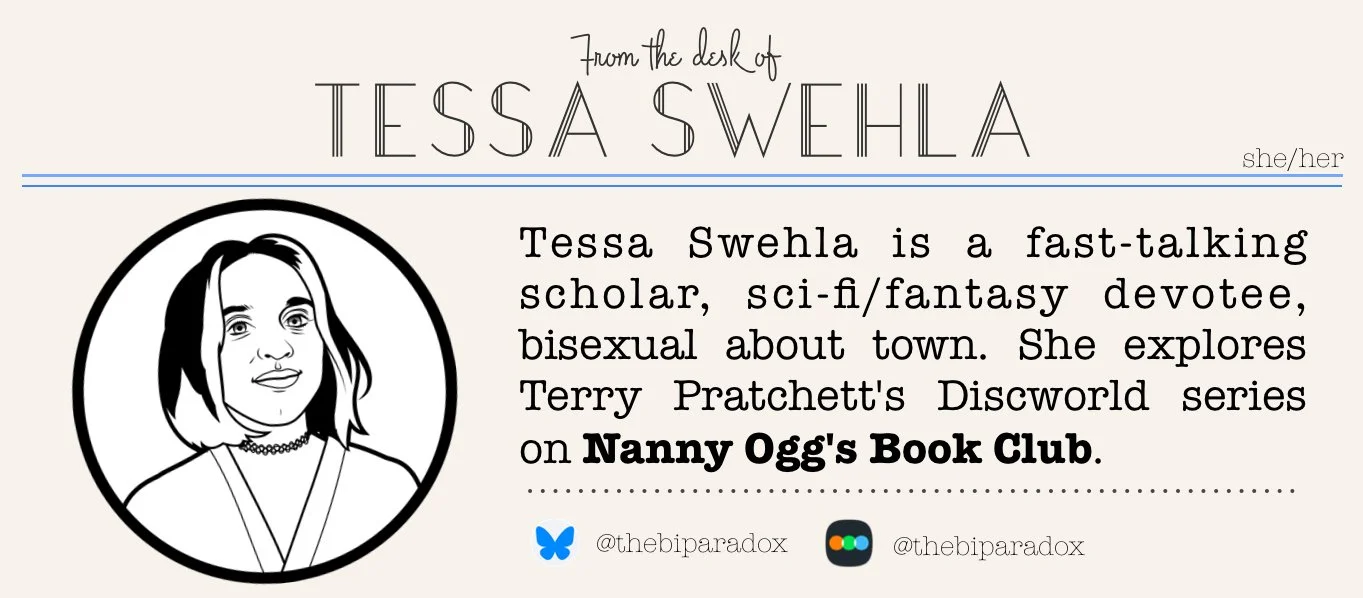Lackluster execution makes ELEVATION feel extra derivative
Elevation
Directed by George Nolfi
Written by John Glenn, Jacob Roman, Kenny Ryan
Starring Morena Baccarin, Anthony Mackie, Maddie Hasson
Rated R
Runtime: 1 hour 30 minutes
In theaters November 8
by Tessa Swehla, Associate Editor
There was a discussion recently on Bluesky about what makes a B film “good.” The consensus seemed to coalesce around the idea of “heart:” a film made by someone who truly loves what they are making—the Ed Woods, the Roger Cormans, the Val Lewtons, the George Millers, and the Vera Drews—and what they are riffing on will almost always transcend the sum of its parts. Sincerity will inspire production teams to innovate in spite of tight budgets, actors to completely commit to their roles, and directors to create something truly special.
Unfortunately, for every Rocky Horror Picture Show (1975), there is an Elevation. Set in a near-future apocalypse, the film introduces us to a world where all humans live over 8,000 feet elevation above sea level to avoid the Reapers, monsters that emerged from the earth three years earlier and slaughtered 95% of the human population within a month. No one knows why the Reapers won’t venture above 8,000 feet, but as long as humans stay above “the Line,” they are safe. At least from Reapers.
For Will (Anthony Mackie), staying above the line isn’t an option: his son Hunter (Danny Boyd Jr.) has ongoing health complications from a premature birth and needs oxygen every night. When the filters for his oxygen machine run out, Hunter only has days to live, so Will recruits world weary physicist Nina (Morena Baccarin) and restless best friend Katie (Maddie Hassan) to travel to Boulder, CO to scavenge supplies from a hospital, leading them below the Line.
This is director Nolfi’s third outing with Mackie, but it is Baccarin who shines in this film. Nina comes from a long line of hard-bitten scientists in science fiction, but it’s rare to see a woman in this role. Nina’s carefully cultivated callous exterior—drinking, swearing, “fuck it all” attitude—conceals her deep hurt and her obsessive mission to find a way to kill Reapers, a mission that cost Will his wife and gave Nina PTSD and survivor’s guilt. Her cynicism provides her with a shield against feeling too much—something that I think many of us can relate to these days—and Baccarin captures all of these nuances whilst still being playful and fun to watch.
She’s also the only character with any kind of depth. Everyone else seems to have cookie cutter motivations that are explained to us rather than shown. Mackie does his best with Will, but he and Boyd Jr. don’t even have enough screen time for us to really understand their relationship, much less the relationship between Will and Katie, who may or may not be in love with him but also might just be tired of living on a mountain. There is no real sense of who these people are or what they care about other than the barest minimum to make the plot go. There’s no impact when characters die or are in danger because there’s no sense of stakes beyond getting Hunter the components of his oxygen machine, a plot point about the accessibility of the apocalypse that could have been fascinating in the hands of a different film (see A Quiet Place: Day One [2024]).
This “paint by numbers” approach saturates the rest of the film as well. There is no sense of visual storytelling through the blocking or the transitions. Every shot is utilitarian, trying to get us from point A to point B with an efficiency that is truly mind numbing. Like many B science fiction films, it has a modest budget of $18 million, but instead of using it in interesting ways, the majority is spent on distractingly bad and unnecessary CGI special effects, such as a scene involving a distorted jump onto a moving ski lift. The Reapers are fine creatures from a design standpoint—insectoid, vaguely scorpion-like—but they aren’t particularly memorable. During one sequence where the crew has to traverse a mine shaft through the mountains, an attempt at an ironic scare doesn’t work because the lighting is so bad that I couldn’t tell what the joke was until it was explained by Will 30 seconds later. There is no tension, no apprehension.
I mentioned the A Quiet Place franchise earlier because it is difficult to discuss Elevation without comparing it to its clear predecessor. The A Quiet Place trilogy, Elevation, and Birdbox (2018) are all part of an emerging microgenre in science fiction: post-apocalypse films about humanity adapting to an invasion of monsters with specific physical rules. It’s a popular trend for a reason; with the increased climate anxiety, it is easy to imagine a world in which humans are no longer the dominant species and need to drastically change their ways of living in order to survive. Unfortunately, Elevation is coming out the same year as A Quiet Place: Day One which is the pinnacle of the microgenre so far, with dynamic and complex characters played by wonderful actors at the top of their game, truly great tension building using monsters and the environment, big and small stakes, beautiful production design, and a cat named Frodo. It has heart, that sincerity that transforms a silly, simple premise into something beautiful and big and tragic. In comparison, Elevation feels like a TV movie made in the early 2000s.



